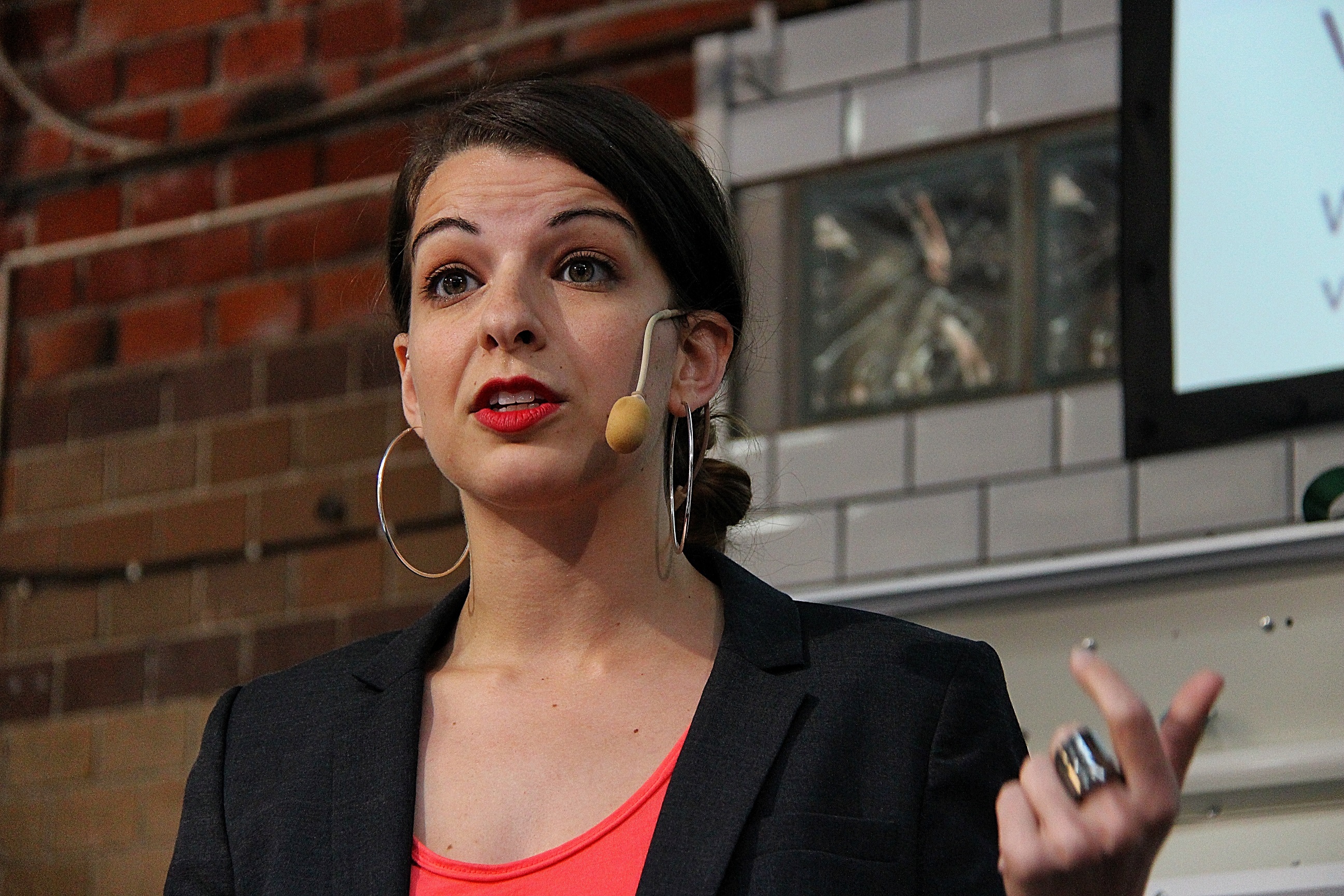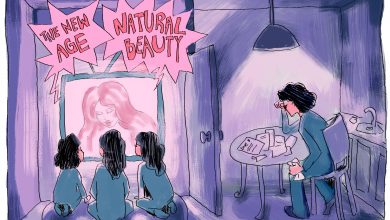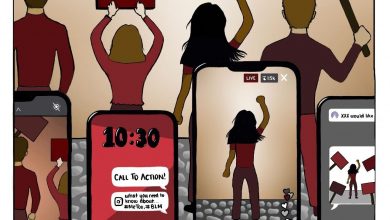SXSW Cancels Panels on Anti-Harassment and Diversity in Video Games, Putting Progressive Play on Pause

Image: “Anita Sarkeesian 2013” via Flickr/Creative Commons
Sometimes the hardest conversations to start end up being the most worthwhile. This is the lesson that was almost learned at South by Southwest (SXSW), a media festival that is to be held in March. The team putting on the festival chose to cancel two panels, entitled, “SavePoint – A Discussion on the Gaming Community” and “Level Up: Overcoming Harassment in Games.” Hugh Forrest, the Interactive Director of the festival, said that “numerous threats of on-site violence” led them to cancel the panels. He went on to say that these threats compromised “this marketplace of ideas” and therefore the actions taken by the committee were necessary.
What is sad and so deeply ironic about all of this is that the panels themselves were about online harassment in the gaming world and how to create a more open forum that is welcoming to all players. The fact that the SXSW team felt the need to cancel these panels demonstrates the very real need for them. If their decision to cancel does not change, the potential for dialogue at the panels will be painfully missed by the gaming community. It is unlikely that this forum would have solved the myriad of issues in the aftermath of #Gamergate, a movement that lashed out against progressive and feminist thinkers in the gaming world, including Anita Sarkeesian, a Youtuber who evaluates video games from a feminist perspective. Still, it would have at least legitimized conversation as a means for addressing issues.
Ultimately this choice by SXSW had the exact opposite of its intended effect. Rather than quell the anger of its attendees, the choice has created even more anger. If some of those involved find even the very idea of discussion to be unpalatable, then it only proves that discussion is necessary. All sides must be willing to listen, if any side is going to be heard. SXSW’s decision entirely corrupts the goals of their festival to be a “big tent” where ideas can be exchanged, which reveals a greater issue in the gaming world as a whole: a general lack of trust and a preference for shouting over speaking and listening.
When I first read about the cancellation of these panels, I’ll admit I was angry. I saw it as another attempt to prevent the entry of women into an almost entirely male-dominated field. Yet from what I’ve learned through conflict mediation, I know that you can either win an argument or you can get what you want, but you can rarely have both. Personally, I would like to get what I want, which is a gaming community in which all people feel welcome and can voice their opinions without being afraid of being attacked. So rather than shout, even though sometimes I do feel like it, I’m ready to speak and even more importantly, to listen. I urge everyone with any stake in this to recognize that if we can no longer even talk about online harassment and the importance of diversity at a festival aimed at the free-flow of ideas in the media, without worrying about offline and physical threats, then maybe it’s time we rethink our tactics.




